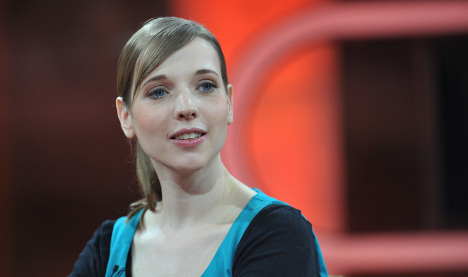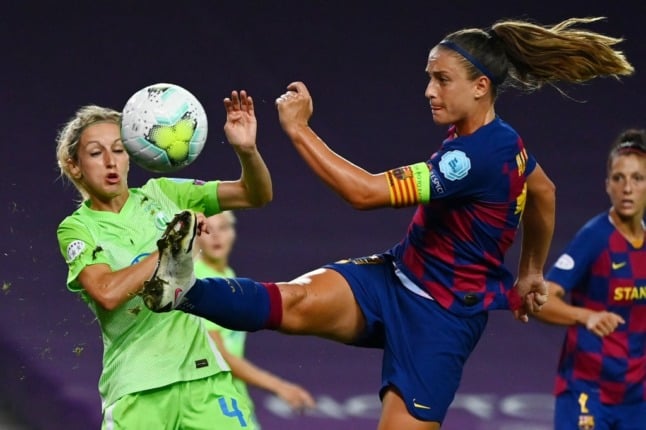Loud, clear, and angry female voices have filled German cyberspace in recent weeks, following outrage over the allegedly inappropriate behaviour by leading politician Rainer Brüderle. The incident sparked uproar against the widespread sexism German women still face.
The online message service Twitter quickly became the vehicle for this voice, largely thanks to a quick-witted suggestion that the hashtag #aufschrei – outcry in German – be used to gather reports of soul-sapping sexism.
Anne Wizorek is the 31-year-old who suggested the hashtag late on January 24th. When it took off, the Berlin-based web consultant became its defender, explaining on political talk shows how the small incidents which many men would not identify as abusive, have corrosive effects on the lives of women everywhere.
@vonhorst wir sollten diese erfahrungen unter einem hashtag sammeln. ich schlage #aufschrei vor.
— anne wizorek (@marthadear) January 24, 2013
Writing in her blog recently, Wizorek explained how she had taken as inspiration the Twitter campaigns #shoutingback and the everydaysexism.com project which both chronicle the sexist experiences of women in English.
She told the Frankfurter Rundschau newspaper she belonged to a generation which did not immediately think they needed feminism. “We were as girls told that we could do anything, but then we realise that we do live in a male-dominated society which has antiquated ideas about equality,” she said.
She said her mother had taught her to ignore men making comments on the street, saying “one only whistles at cattle.”
The #aufschrei tag was born spontaneously in the middle of the night, Wizorek wrote on her blog. But the tens of thousands of comments and descriptions of experiences it has gathered have made clear that there was pressure of frustration and anger which required such a valve.
In the first week alone, some 50,000 tweets with the hashtag were sent, according to Der Spiegel magazine.
“That it exploded shows that there is not just the need to talk about this with the countless people personally affected, but also the urgent desire for social change of these relations, which have been the status quo for too long,” she wrote.
Click here for past Germans of the Week
The Local’s German of the week is a person in the news who – for good or ill – has revealed something interesting about the country. Being selected is not necessarily an endorsement.




 Please whitelist us to continue reading.
Please whitelist us to continue reading.
Member comments